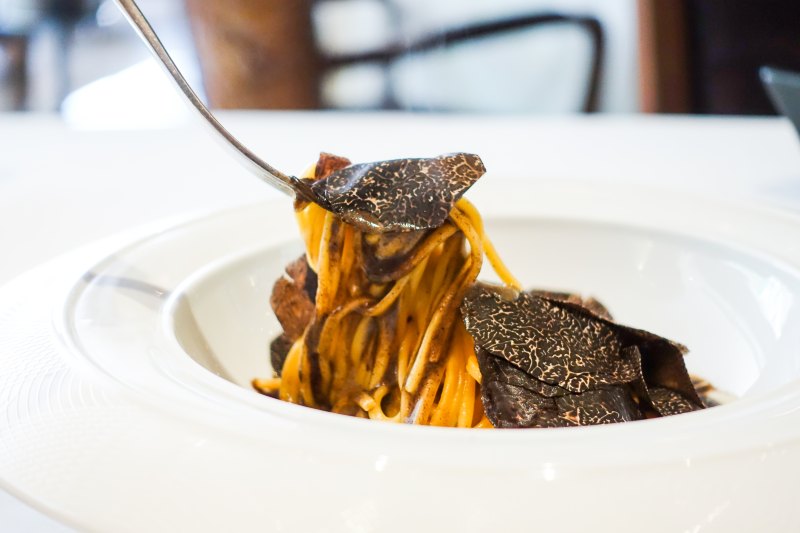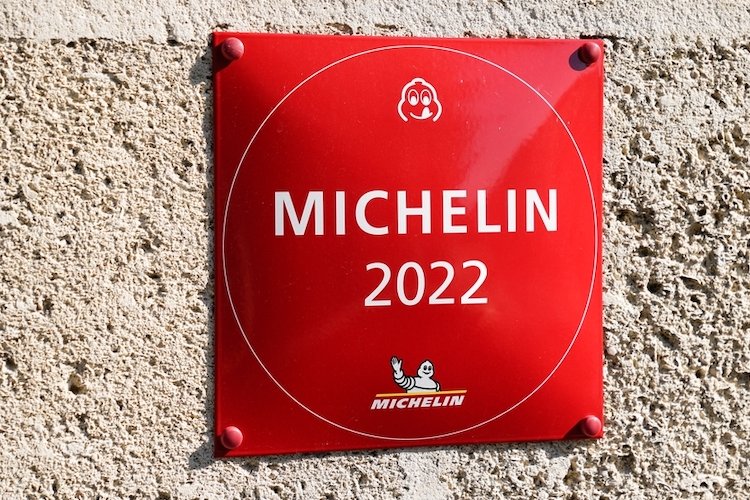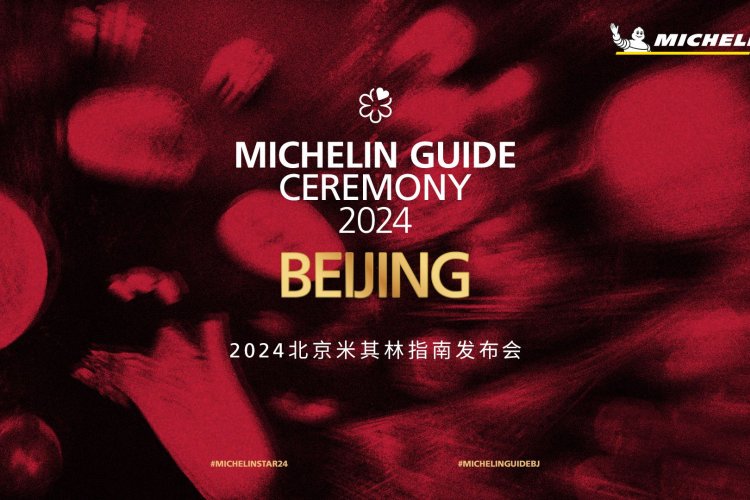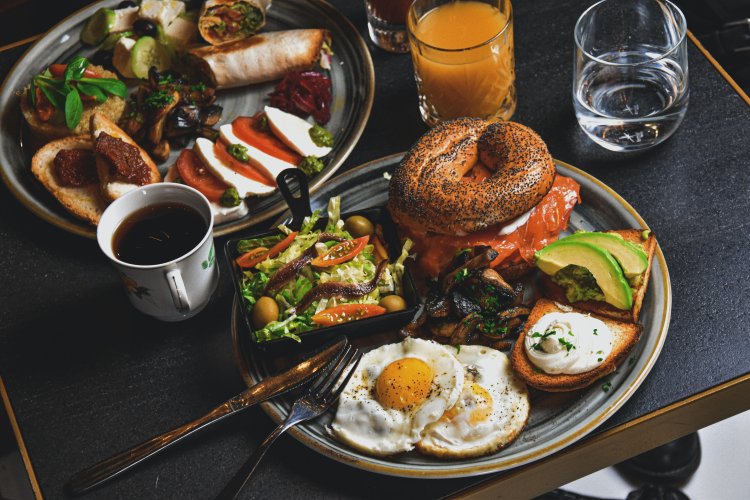Chinese Tech Giants Are Cooking up Their Own China-Centric Michelin-Like Guides
This post comes courtesy of our content partners at TechNode.
China enjoys a worldwide reputation as the “kingdom of cuisine.” Thanks to a long history, vast territory and extensive contact with other nations, the country has developed a distinctive culinary culture. In a country that cherishes its deep love for foods, you may be surprised that there’s still no definitive foodie list catering to distinctive Chinese flavors. But this won’t be long because Chinese tech firms are moving fast to fill the gap.
The time-honored Michelin Guide entered China with its first-ever Shanghai Guide. However, some prominent figures in the Shanghai’s food and beverage community disagreed with many of the choices. Many claimed that Chinese cuisine should not be judged with Western criteria.
In response, Chinese online travel giant Ctrip and local lifestyle service Meituan have each rolled out their own guides. It might sound odd until you remember that the original Michelin Guide was created by the tire company to boost its sales.
Michelin’s results are mainly based on the review from a team of inspectors who visit and review restaurants anonymously. While maintaining the gourmet expert reviews, Chinese tech platforms also integrate big data analysis into their compilations.
Gourmet List: Travel with Chinese characteristics
Chinese tourists are growing in number and are prepared to spend more on food and drinks. According to a recent report by the China Tourism Academy and Ctrip, help with”cuisine” is the top thing Chinese tourists need. At the same time, many Chinese tourists have become gastronomes or even “professional tasters” when traveling abroad. Not only do they explore their new destination but also take the time to explore dining venues and seek local culinary experiences. They want to be able to identify high-quality and consistent venues.

Given these changes, Chinese online travel behemoth Ctrip launched its foodie list on its main app in 2016. Dubbed the Ctrip Gourmet List, the service provides travelers with food and restaurant recommendations and online table booking in major destinations both at home and abroad.
“Given the popularity that cuisine has with Chinese travelers and the huge market, Gourmet List gives dining tips to our Chinese users before, during and after their trip: we aim to be their top gastronomical friend throughout their entire travel journey,” Gourmet List CEO Kimi Liu told TechNode.
In addition to Chinese gourmands, the firm invited local talents to provide their own recommendations for top cuisine and local restaurants to ensure that the food list and recommendations remain as local and as authentic as possible. Every restaurant on the list goes through three rounds of tasting and screening to ensure high quality of each restaurant.
The one-year-old service currently covers approximately 15,000 restaurants in 120 popular destinations both in China and around the world. The service has seen triple-digit growth since its launch and continues to rapidly expand the number of restaurants and destinations on its platform, according to the company.

After inking a partnership last September with Koubei, Alibaba’s search engine that provides information about catering and leisure services, Ctrip Gourmet List just reached an agreement with OpenTable, allowing users to book with tens of thousands of OpenTable’s North America restaurant partners via the Ctrip mobile app. It’s also tied up with Gurunavi, a Japanese online booking platform.
Black Pearl Restaurant Guide: Big data expertise
While Ctrip is taking food and cuisine as a gateway to understanding the culture and story of travelers’ destinations, Meituan-Dianping’s approach is directly related to its core business in restaurant booking, reviews, and food delivery.
After unveiling a preliminary try with their “Must-have List” last year, the O2O and e-commerce giant launched this month the first edition of its China-centric gourmet list – the Black Pearl Restaurant Guide. The inaugural edition highlights a total of 330 restaurants in 22 Chinese cities and five overseas cities, namely, Bangkok, New York, Paris, Singapore, and Tokyo.
Similar to the stars in the Michelin guide, the Black Pearl gives one to three diamonds to the restaurants it lists. Three diamonds mean you “must visit this at least once in your lifetime,” two diamonds means the venue is “perfect for special occasions,” while one diamond establishments are “great for family/friends gathering.”
Restaurants selected by the Black Pearl Restaurant Guide are put through a vigorous critiquing process by a team consisting of master chefs, culinary experts, special advisors with long-standing expertise in China’s dining sector, and gourmands identified by big data analytics from the company’s local dining and lifestyle service platform. The Guide aims to reflect the nation’s unique culinary preferences.
Mr. Xing Wang, CEO of Meituan-Dianping, stated: “In response to Chinese consumers’ evolving taste for traditional and modern cuisines in China and across the world, we are excited to introduce the Black Pearl Restaurant Guide from a unique Chinese perspective, showcasing the dynamic dining scene both in China and globally.

For both of the companies, creating such a list would be more of an investment really because profits couldn’t be their goals. Once they start to monetize it, through ad-biding or others, the creditability of the platform would be jeopardized. So why all the efforts? It’s a good channel for marketing, to gain proximity to the users, and associate their brands with travel and dining know-how.
Images courtesy of TechNode, Ctrip, Meituan Dianping








